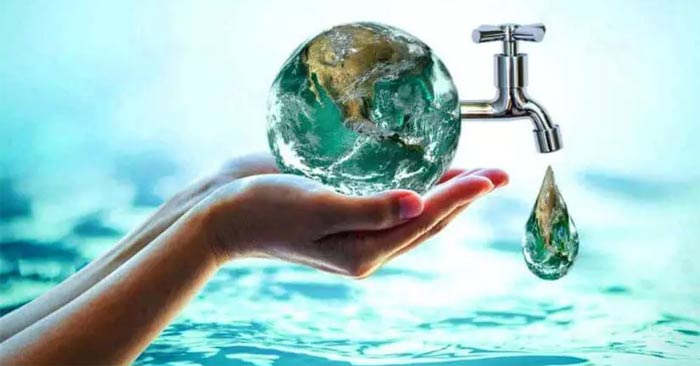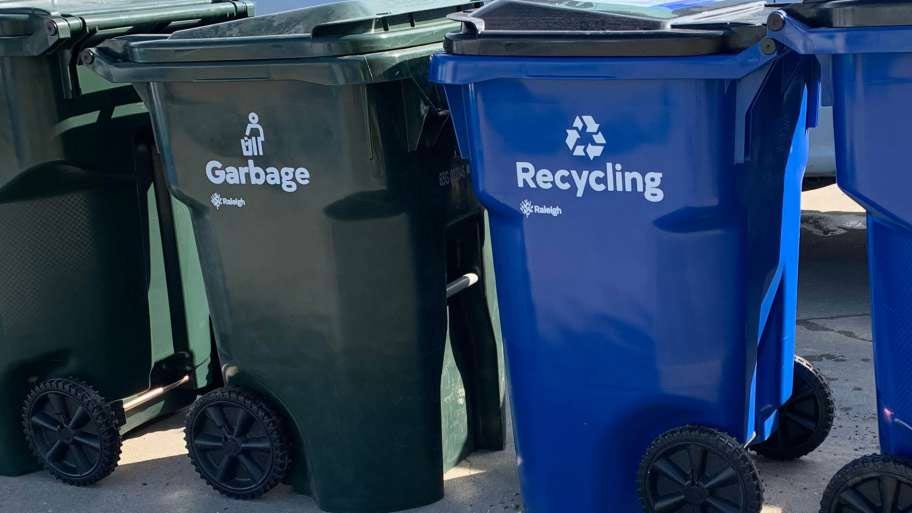How to reduce water pollution
The best way to protect your water supply from pollution is to prevent it at the source. Here are some simple but effective ways to reduce water pollution .

Water pollution is a danger to everyone on this planet. We often think of agricultural pesticides or industrial chemicals as polluting our water supplies, but the truth is that your home habits also contribute.
Everyone can take action to help keep local water sources clean of pollutants and contaminants, as well as persistent and dangerous chemicals.
Why is water pollution a concern?
Contaminated drinking water poses serious risks to human health. The most dangerous are chemical contaminants and pathogens that can cause potentially deadly diseases such as cholera, dysentery and typhoid.
In addition to these health hazards, water pollution can cause a range of negative consequences such as:
- Harm to aquatic life: Pollutants such as chemicals and heavy metals can harm fish, plants and other aquatic life, leading to loss of biodiversity and even the collapse of some ecosystems.
- Economic impacts: Water pollution can impact industries such as fishing and agriculture, as polluted waters can lead to reduced fish stocks and reduced crop yields.
- Habitat destruction: Polluted water can degrade habitats such as wetlands, rivers and estuaries, causing long-term negative impacts on both aquatic and terrestrial ecosystems.
- Eutrophication: Excess nutrients from sources such as sewage and agricultural runoff can cause eutrophication, in which water bodies become too rich in nutrients, leading to rapid growth of algae that can cause ecological imbalance.

How to reduce water pollution
Here are small but impactful ways to reduce water pollution in your everyday life.
Proper disposal of hazardous chemicals
Bleach, paint, paint thinner, ammonia, and other household chemicals can contain dangerous contaminants and are becoming a serious problem. When you add in the thousands of people who pour toxic chemicals down the drain or flush them down the toilet each month, the impact quickly becomes significant.
The good news is that many household chemicals can be recycled safely. Your community may have a recycling center that will take old paint, used motor oil, etc., and recycle them. Some areas also have community drop-off centers and drop-off locations. Your community may even host a hazardous waste collection day where these toxic chemicals can be dropped off for safe disposal.
Shop with water pollution in mind
You can avoid problems with household chemicals and pesticides by not buying products that contain persistent and dangerous contaminants in the first place. Many companies now sell non-toxic cleaners or biodegradable cleaners and pesticides. Spending a little extra money on these products will automatically reduce water pollution.
Do not pour grease down the drain.
Used fats, greases, and cooking oils should be thrown in the trash or kept in a 'grease jar' to be disposed of with other solid waste. They can easily clog your pipes, cause water to overflow into your yard and basement, and contaminate local water sources.
Use phosphate-free detergents and dishwashing liquids.
You can further reduce water pollution by using only enough detergent to clean. Phosphate-free detergents are ideal, as phosphates can lead to algae blooms, which kill fish and other aquatic life by depleting oxygen in the water.
Proper disposal of medical waste
Never flush medications down the toilet or pour them into nearby ponds or streams. These medications tend to accumulate in water, potentially mutating aquatic organisms. Hormones and other compounds can cause health problems in animals and contaminate drinking water used by humans and livestock.
Eat more organic foods
Organic foods tend to be produced with fewer synthetic chemicals. Therefore, eating organic foods reduces the amount of chemical pollution released into water. The foods we choose to eat can have a big impact on the quality of the environment — consider the chemicals used to grow crops and the fuel used to transport crops and power farm equipment on industrial farms.
Support environmental charities
No matter where you live in the country, there are charities working to protect watersheds, clean up water pollution, and similar causes. Find one in your area, join it, or donate. Your support may even lead to expanded anti-pollution work.
Reduce meat consumption
Raising animals for meat consumption often requires a lot of water to provide the grain and other foods they need, as well as drinking water. In addition, antibiotics and solid waste from livestock tend to wash into groundwater and rivers.
Try to avoid using plastic boxes or bags.
Plastic shopping bags and plastic rings from six-packs cause unnecessary problems in lakes and oceans. Plastic bottles can linger in the ocean for hundreds of years. Buy some reusable cloth or plastic grocery bags instead. They are often very cheap. Use reusable insulated containers for drinks and boil your own drinking water at home.
These are simple ways but contribute significantly to reducing water pollution. Let's join hands to protect the environment so that we and future generations can live on a green planet!
You should read it
- ★ Water glasses that you drink every day can contain many harmful substances such as chlorine, pesticides, arsenic ...
- ★ This is a new nanomaterial that can reduce vehicle emissions pollution
- ★ See the air pollution index using BreezoMeter application
- ★ The device removes 99,999% of bacteria in dirty water in just 20 minutes
- ★ Unusual story: Air pollution can adversely affect your kidneys